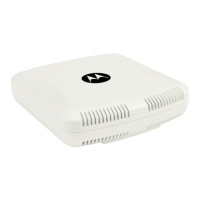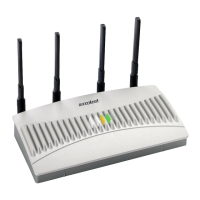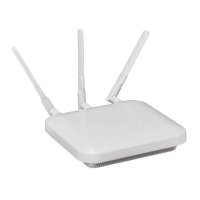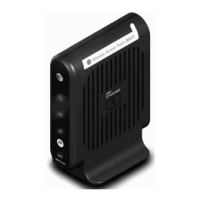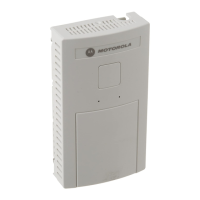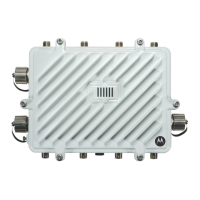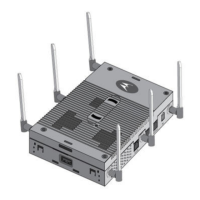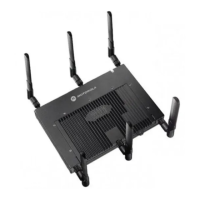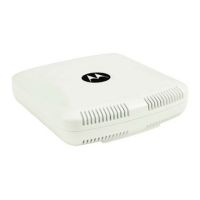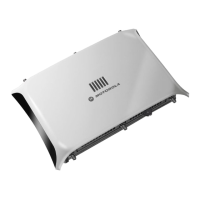2 - 8 WiNG 5.6 Access Point System Reference Guide
Device Categorization – Indicates a device categorization policy is being
applied. This is used by the intrusion prevention system to categorize APs or
wireless clients as either neighbors or sanctioned devices. This enables these
devices to bypass the intrusion prevention system.
Captive Portal – States a captive portal is being applied. Captive portal is
used to provide temporary controller, service platform, or access point access
to requesting wireless clients.
DNS Whitelist – A DNS whitelist is used in conjunction with captive portal to
provide captive portal services to wireless clients.
DHCP Server Policy – Indicates a DHCP server policy is being applied. DHCP
provides IP addresses to wireless clients. A DHCP server policy configures
how DHCP provides these IP addresses.
RADIUS Group – Indicates the configuration of RADIUS Group is being
defined and applied. A RADIUS group is a collection of RADIUS users with the
same set of permissions.
RADIUS User Pools – States a RADIUS user pool is being applied. RADIUS
user pools are a set of IP addresses that can be assigned to an authenticated
RADIUS user.
RADIUS Server Policy – Indicates a RADIUS server policy is being applied.
RADIUS server policy is a set of configuration attributes used when a RADIUS
server is configured for AAA.
Smart Caching Policy – Smart Caching enables NX4500 and NX6500 series
service platforms to temporarily store frequently accessed Web content on
network infrastructure devices.
Management Policy – Indicates a management policy is being applied.
Management policies are used to configure access control, authentication,
traps and administrator permissions.
MeshConnex Policy – Indicates a mesh connex policy is being applied.
MeshConnex is a hybrid proactive/on-demand path selection protocol to form
efficient mesh paths.
Mesh QoS Policy – Indicates a mesh quality of service policy is being applied.
This policy ensures that each mesh point in the network receives a fair share
of overall bandwidth for its use.
Virtual Controller APs – Indicates an AP is configured as a Virtual Controller
access point. A Virtual Controller access point can manage up to 24 access
points of similar type deployed in a network.
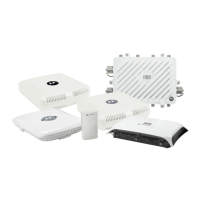
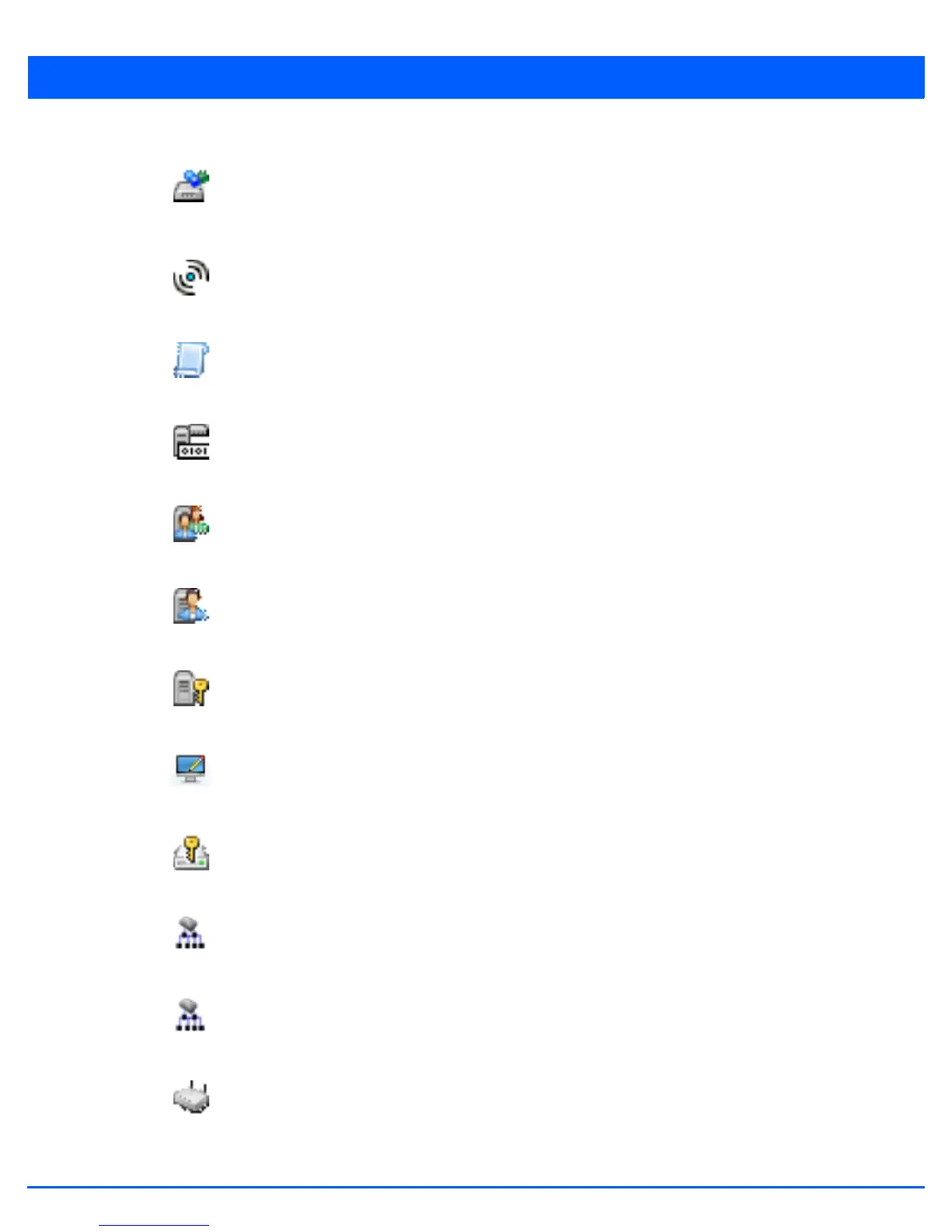